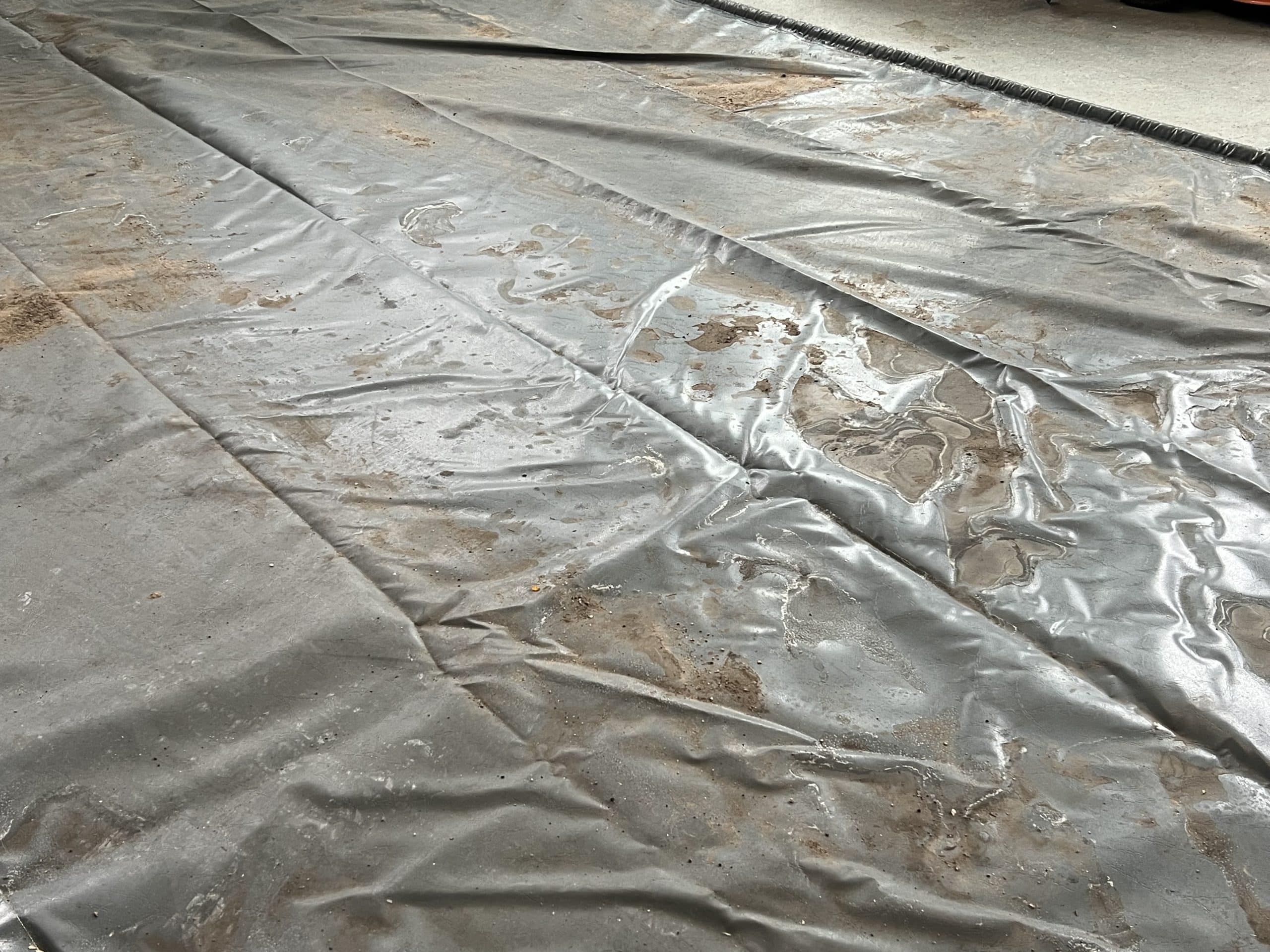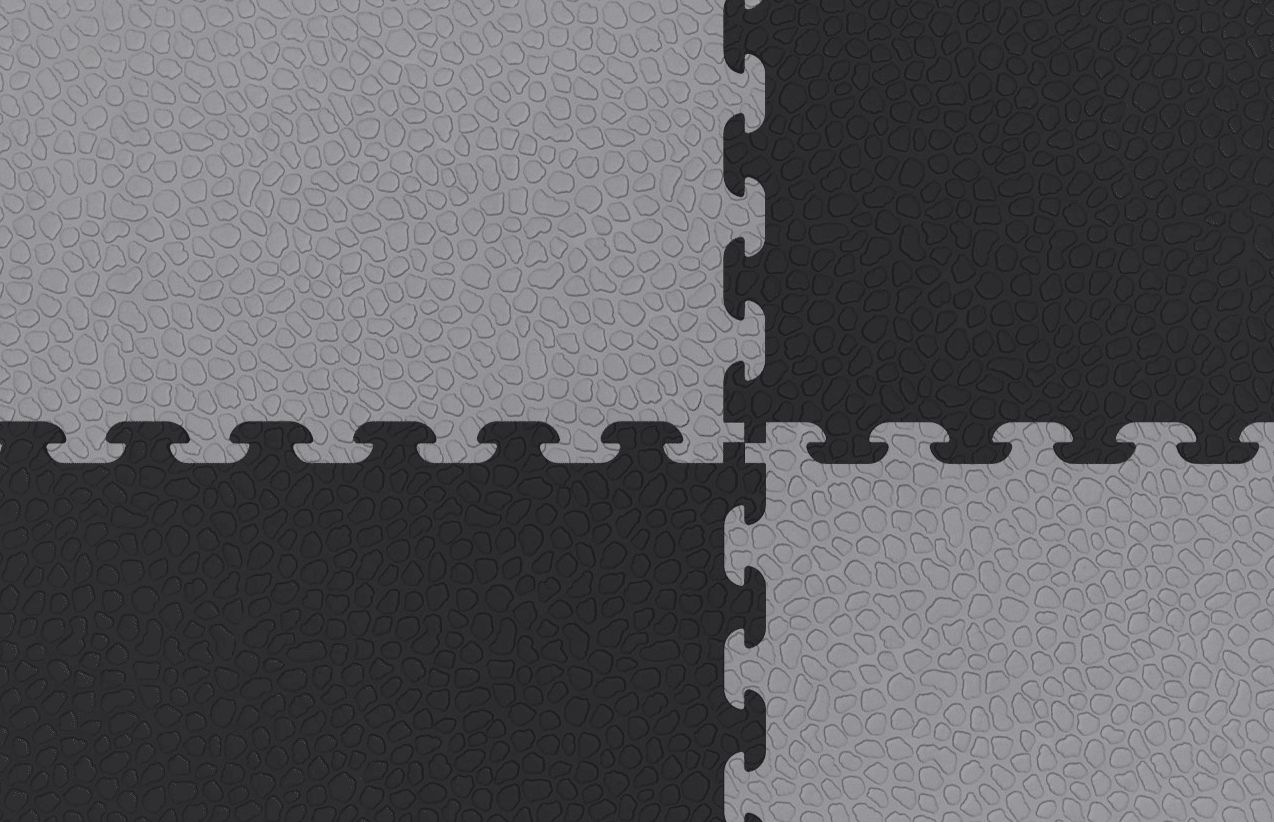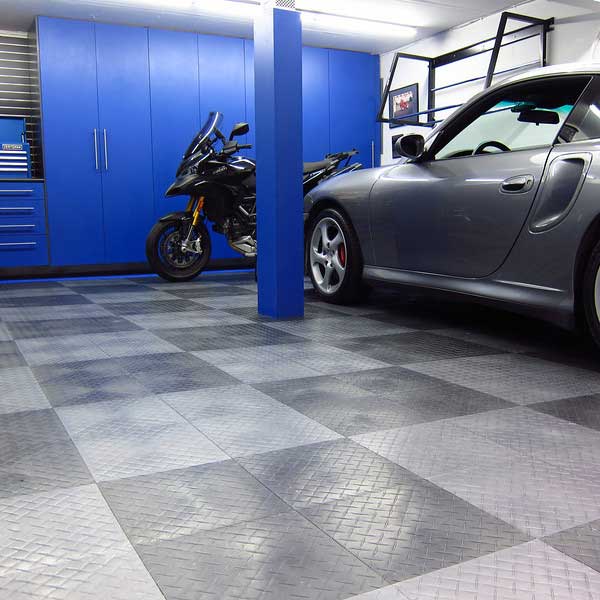Living by the coast offers breathtaking views and refreshing breezes, but it also presents unique challenges for your home, especially your garage. The very elements that define coastal living – salt, humidity, and abundant sunshine – can be surprisingly harsh on unprotected concrete garage floors. Road salt tracked in during winter (even if mild), salt from ocean air, and persistent moisture vapor transmission demand specialized flooring solutions. At Garage Flooring LLC, we understand these specific environmental stressors and offer robust options designed to provide superior protection and longevity in coastal environments.
The Coastal Gauntlet: Threats to Your Garage Floor
Before diving into solutions, let’s understand the primary challenges coastal garages face:
- Salt Corrosion: Whether it’s road salt from driving through treated areas or salt carried by ocean spray in the air, salt is highly corrosive. It can penetrate bare concrete, causing it to pit, spall (flake), and weaken over time. It can also leave unsightly white stains on less resistant surfaces.
- High Humidity & Moisture: Coastal regions often experience higher ambient humidity. This increases the likelihood of moisture vapor rising through the concrete slab (MVT) and condensation forming on the floor, contributing to dampness, potential mold, and adhesion issues for certain flooring types.
- Abrasive Sand: Sand tracked in from beaches can act like sandpaper, slowly abrading softer flooring surfaces over time.
- UV Exposure: Strong sunlight through garage doors can cause some flooring materials to fade or yellow.
Key Qualities for Coastal Garage Flooring:
To combat these challenges, look for flooring with these critical features:
- Exceptional Salt and Chemical Resistance: The ability to withstand direct and prolonged contact with road salts, brines, and other corrosive chemicals without degrading or staining.
- Moisture Management: Either forming a complete moisture barrier (for coatings) or allowing moisture vapor to dissipate (for tiles).
- High Abrasion Resistance: To stand up to tracked-in sand and daily wear.
- UV Stability: Especially important if your garage doors are frequently open or face direct sunlight, to prevent yellowing or fading.
- Ease of Cleaning: To quickly remove salt residue, sand, and other corrosive elements.
Top Garage Flooring Solutions for Coastal Environments:
- High-Performance Polyurea Coatings:
- Superior Salt & Chemical Resistance: Polyurea is a standout performer here. Its advanced chemical structure makes it incredibly resistant to road salts, de-icers, and other corrosive agents.
- Seamless & Waterproof: Creates a continuous, non-porous barrier that completely seals the concrete, preventing salt and moisture from penetrating.
- Excellent UV Stability: Our Polyurea formulation is fully stable under UV light, resisting yellowing and fading even with direct sun exposure.
- Durability & Fast Cure: Offers top-tier abrasion resistance against sand and traffic, plus a rapid cure time.
- Robust Epoxy Coatings (100% Solids):
- Good Salt & Chemical Resistance: High-quality, 100% solids epoxy provides a durable, seamless barrier that effectively resists most common garage chemicals and salts.
- Seamless Protection: Like polyurea, it creates a solid, non-porous surface that’s easy to clean.
- UV Consideration: While durable, some epoxy formulations (especially those without a UV-stable topcoat) can yellow over time with prolonged UV exposure. Choosing a UV-resistant topcoat or specific epoxy systems designed for UV stability is crucial in coastal areas.
- Heavy-Duty Interlocking Garage Floor Tiles:
- Material Resistance: Many garage floor tiles made from polypropylene are inherently highly resistant to salt, chemicals, and moisture. They won’t corrode like concrete.
- Moisture Management (Airflow Channels): A significant advantage in humid coastal areas is that many of our tiles feature airflow channels on their underside. This allows moisture vapor to escape and any water that gets through seams to dry out, preventing trapping and potential issues below.
- Easy Replacement: If an individual tile is exposed to extreme conditions or gets damaged, it can be easily replaced.
- Traction & Abrasive Resistance: Their textured surfaces provide good grip, and the durable materials stand up well to tracked-in sand.
- Concrete Protection Consideration: While the tiles themselves are highly resistant to chemicals, they are not watertight and would not be as protective of the concrete below against chemicals compared to a coating or mat. Water and chemicals can make their way under the tiles to dry out . If preserving the concrete below is a priority, tiles may not be the best option.
- Heavy-Duty Roll-Out Garage Floor Mats:
- Primary Containment: These impermeable mats are excellent for providing a robust, sacrificial barrier in parking areas. With raised edges, they effectively trap and contain melting snow, saltwater, and road salt brought in by vehicles, keeping them off your primary floor.
- Easy Cleanup: Liquids are contained and easily cleaned with a squeegee or by hosing the mat off.
- Material: Often made from durable PVC or vinyl, which is resistant to most chemicals and salts.
Essential Coastal Care Tips for Your Garage Floor:
- Rinse Vehicles Regularly: If you drive in salty conditions, rinse the underside of your vehicle frequently to remove salt buildup before parking it in the garage.
- Prompt Salt/Water Cleanup: Don’t let salt brine or melting snow sit on your floor. Squeegee out water and clean salt residue promptly.
- Utilize Containment Mats: This is perhaps the single most effective tool for preventing salt damage from vehicles.
- Ensure Good Ventilation: Promote air circulation to help manage humidity and prevent condensation.
- Regular Cleaning: Frequent sweeping and mopping will remove abrasive sand and salt residue before they can cause long-term wear.
By selecting the right salt-resistant garage flooring and implementing smart maintenance practices, you can enjoy the beauty of coastal living without sacrificing the integrity and appearance of your garage.
Ready to fortify your coastal garage floor against salt and humidity?




